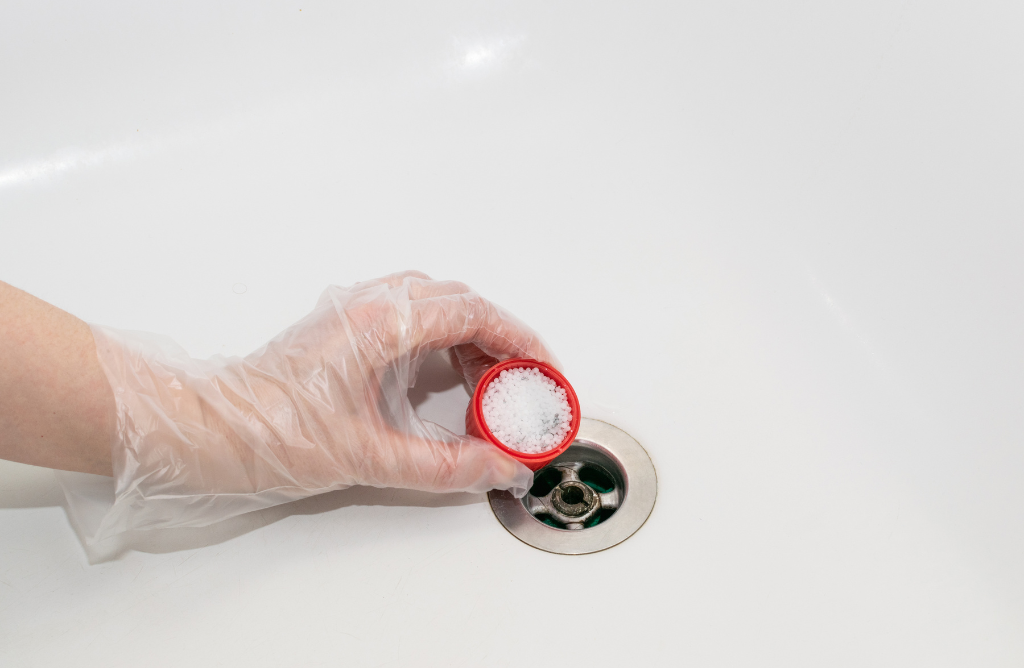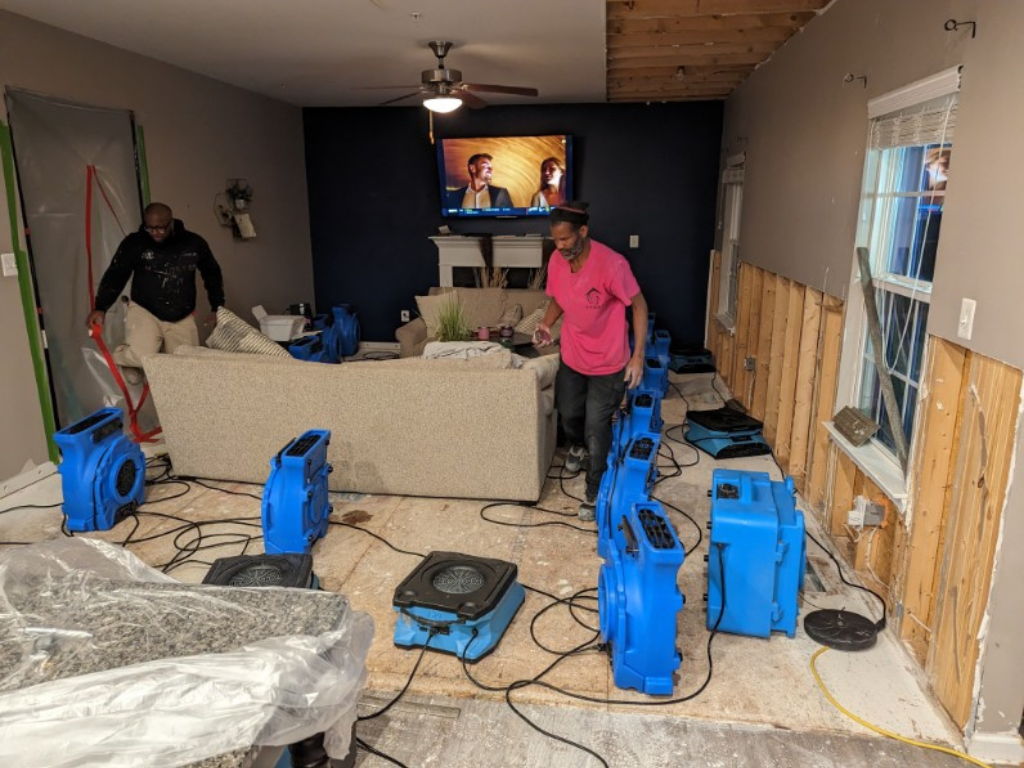Dealing with a clogged shower drain and stagnant water on your property can be an unpleasant ordeal. It not only adversely affects your property but can also lead to further complications. Such situations may invite pests, pose numerous health risks, and even result in severe issues like flooding and damage to your plumbing system. In this discussion, we’ll explore the significance of addressing stagnant water in shower drains, understand the causes behind these clogs, examine various unclogging methods, review the costs associated with DIY unclogging projects, and provide strategies to prevent future clogs in shower drains.
Why is it an issue to have standing water in the shower drain?
Stagnant water in your shower is not only irritating but can also lead to more serious complications if not addressed promptly. Whether it results in flooding or worsens plumbing issues, resolving the blockage immediately is crucial. Here are some reasons why:
- When you have standing water, you can attract various insects such as mosquitos, flies, and dragonflies which can become a contributing factor to disease and grime.
- When there is standing water, you can grow mold and mildew.
- Your shower or tub can start to develop a bad odor.
- As the clog gets worse, the shower can stop draining.
Why do shower drains clog?

Typically, hair is the primary reason behind clogged shower drains. It accumulates quickly, leading to significant blockages if not intercepted by a hair catcher. Investing in one from your nearest hardware store can significantly reduce costs and plumbing problems. Other reasons why shower drains clog include:
- Soaps
- Salt and sugar body scrubs
- Shower and bath liquids
- Mineral buildup
Five Ways to Unclog a Shower Drain with Standing Water
If your drain is clogged there are various ways to unclog it. These are some homemade ways to unclog your shower drain:
- Mix baking and vinegar: You can use baking soda, a cup of vinegar, and boiled water to clear a clog in your drain. Just take ¾ of a cup of baking soda down the drain and then a cup of vinegar. After an hour pour boiling water down the drain and it will warm and melt the clog.
- Use a plunger: To unclog the drain, use a plunger, enhancing its suction by applying petroleum jelly around its rim. Firmly position it over the drain and commence plunging. Continue this action for three minutes, after which you should flush the drain with hot water followed by cold water to test its effectiveness. If necessary, repeat the procedure two to three times before considering alternative methods.
- Use a drain snake: For stubborn clogs where other methods fail, a drain snake is the optimal choice. However, this tool comes with risks. Improper use can harm your plumbing. To avoid damage, gently insert the snake and carefully crank the handle.
- Use a coat hanger: First, shape one end into a hook. Grasp the other end firmly, and gently lower the hook into the drain until you encounter the blockage. Carefully withdraw the hook, bringing with it the accumulated debris, and continue this process until the obstruction is completely removed.
- Call a plumber: To effectively eliminate a clog, it’s advisable to enlist the services of a professional plumber. With the right tools and expertise, a plumber can not only remove the clog but also provide guidance on preventing future blockages, ensuring your drains remain unobstructed.
The Cost of Unclogging a Shower Drain

Unclogging your shower as a DIY project can be highly cost-effective. Utilizing a plunger may only set you back between $2 and $5. Alternatively, a mixture of baking soda and vinegar could cost between $4 and $8, while employing a drain snake ranges from $4 to $15. However, if the problem persists, hiring a professional plumber may be necessary, with an average cost of around $250.
How to Prevent Clogged Shower Drains
Clogs can be frustrating, but fortunately, there are several strategies to avoid them and ensure your plumbing system operates efficiently. Below are some effective methods to prevent future clogs in your shower drains:
Clogs can be frustrating, but fortunately, there are several strategies to avoid them and ensure your plumbing system operates efficiently. Below are some effective methods to prevent future clogs in your shower drains:
- Never pour contaminated water in the shower drain, dump it in the year instead.
- Always wear a shower cap when showring or invest in a proper hair catcher in the shower.
- Make sure to run hot water into your drain occasionally, to get rid of stuck oils.
- Make sure to put all solid waste into the trash.
Professional Water Damage Cleaning

Have you experienced water damage because of a clogged shower drain? Our technicians at Top to Bottom Renovation can help! We offer a full range of water mitigation services to home and business owners. After water damage has occurred at your home, our highly trained technicians will clean, dry, and restore your property back to its original state using advanced tools and methods. If you would like to unclog your drain quickly or clean up and restore your property after water damage, make sure to call us for water damage restoration at (301)579-8215.



